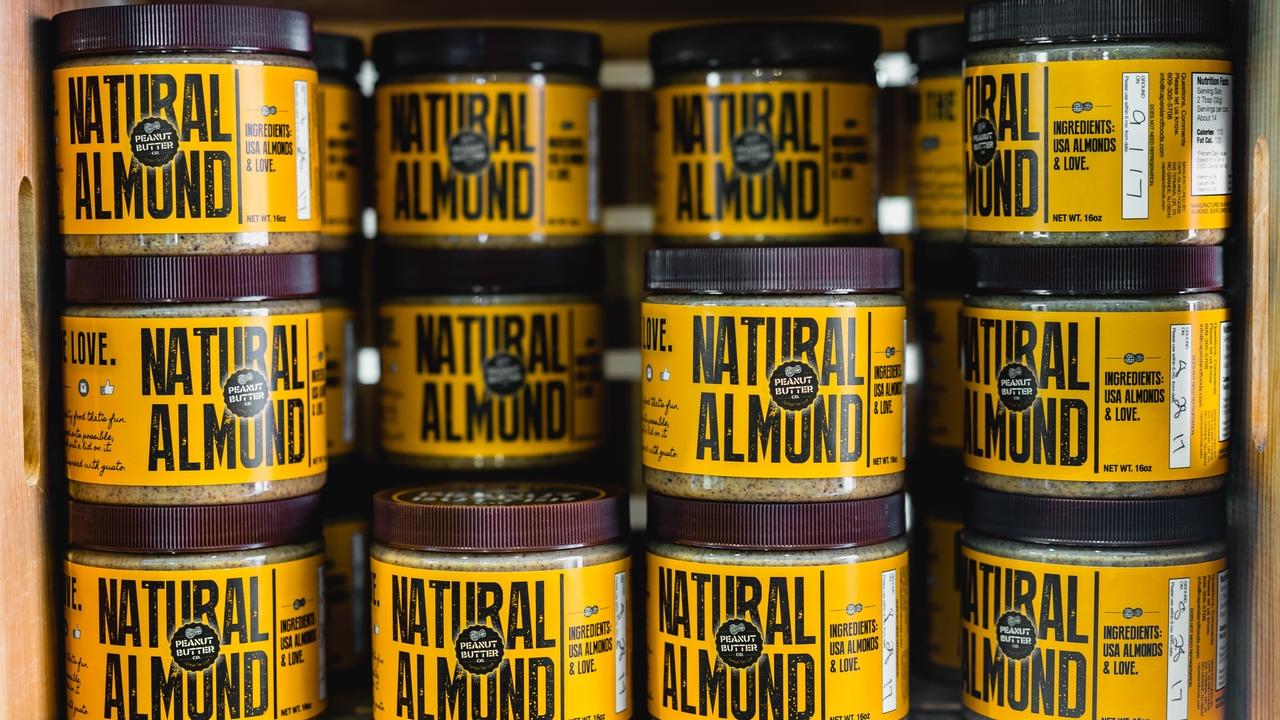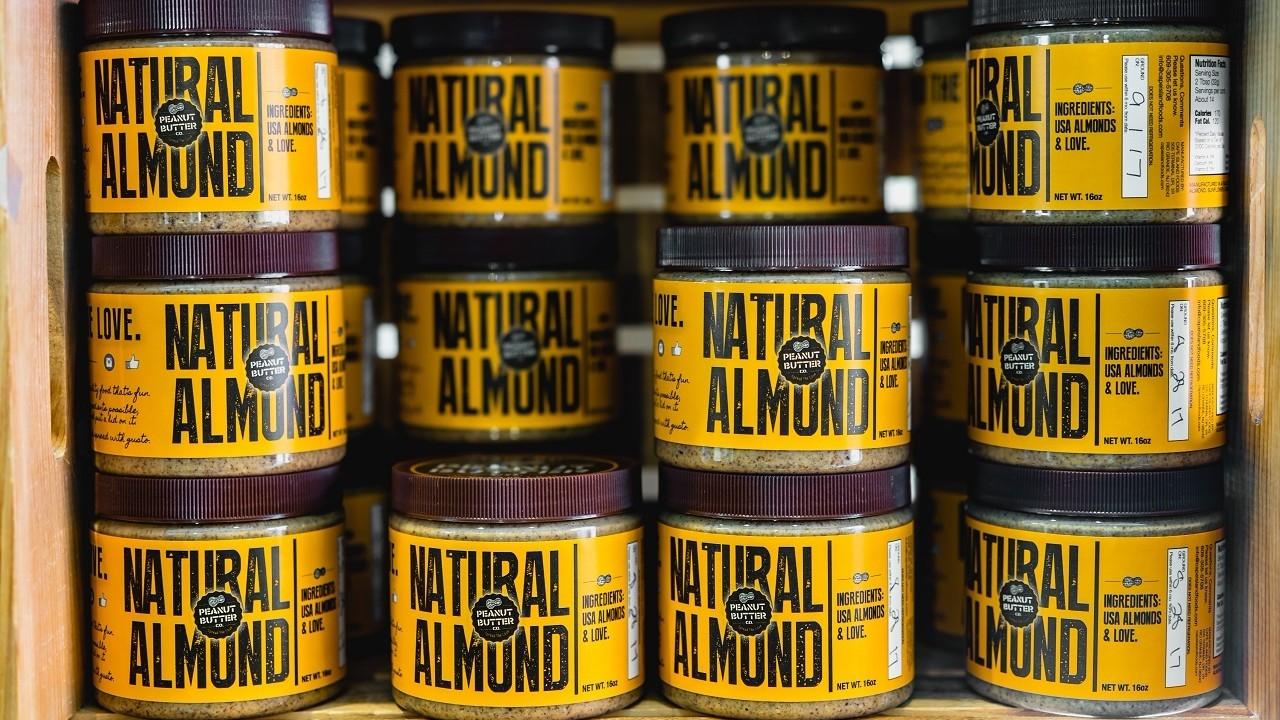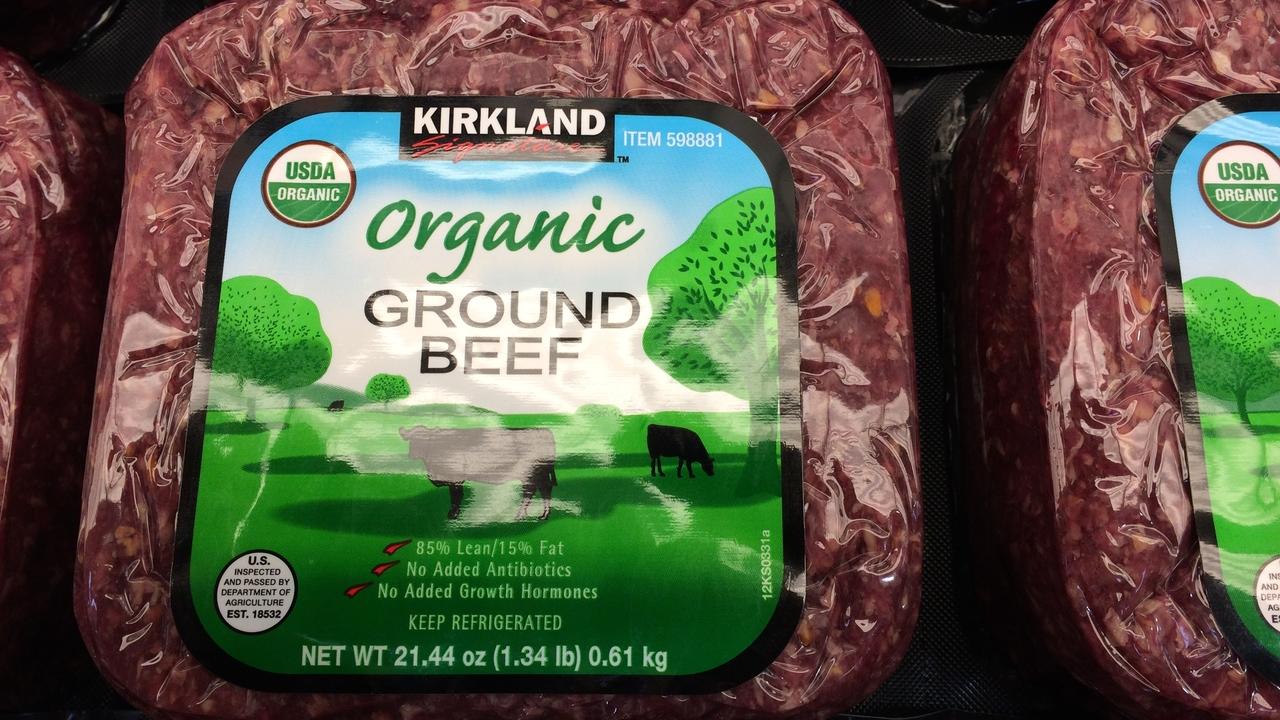Can I Call My Food Healthy?

You’ve worked hard caring about and developing your food product. You know what’s in it and you selected the best ingredients because it matters to you what goes into your customers bodies. But just because you think it’s “healthy” doesn’t necessarily mean you can label your product that way without knowing the rules.
Whether you can call your product “healthy” depends on a number of factors. The first thing to figure out is what laws apply to your product. That will tell you what government agency or agencies you need to pay attention to.
Is your product packaged and sold across state lines? If so, you are most likely governed by the Federal Food, Drug, & Cosmetic Act and subject to the FDA’s definition of “healthy.” Most processed and packaged foods (excluding primarily meat and poultry products) will fall into this category.
The term “healthy” -- or any similar term -- can only be used if your food meets certain nutrient requirements for total fat, saturated fat, cholesterol, so...
Launch Your Food Business at the Farmers Market

If you’re a food lover, farmers markets are a great place for you to begin monetizing your passion. Market vendors operate at a small scale, so you can take the time to get your feet wet. You won't need to have much of a staff or a marketing budget, nor will you need access to a commercial kitchen. And as farmers markets are local and community oriented, visitors tend to be regulars who are open to trying new foods and checking out the new vendors. When they find something they like, they’re likely to become repeat customers who will spread the word among their friends.
Where to start? The first thing to do is to choose at least one food item you want to sell. Whether you’re baking cookies based on your grandmother’s recipes or simmering a batch of your father’s famous BBQ sauce, you will be more likely to succeed if your venture is fueled by passion. But a successful food business requires more than a love of great food. One aspect new food entrepreneurs often overlook is the legal...
When Can a Food Product Be Labeled as “Natural”?

If you’re creating a label for your food product which you intend to sell at farmers markets and specialty stores, you will naturally be inclined to include the word “natural” on it. After all, you’re not selling Frootios, Cheez Squiggles or anything else made in a factory; your products aren’t made from who-knows-what and designed to last an eon. Whether you’re making jams, cookies or pesto, your recipe likely has actual ingredients that anyone would recognize. Natural, right? Well, not so fast.
The word “natural” carries connotations of goodness and health. It holds itself in contrast to a food landscape of odd additives and unpronounceable preservatives. Go even deeper into the word’s associations, and to many people it harks back to an Eden of a pre-polluted Mother Earth. The word “natural” is a natural fit for any homemade-style food, which is why many small-scale food makers would want it associated with their brands. And from a strictly commercial perspective, consumers genera...
Important Labeling Tips for Food Businesses

Over the past few years, food labeling has become a target of class action lawsuits and regulatory action. Every day we read about a new lawsuit attacking words such as "natural" or an FDA warning letter notifying a business of a food labeling violation.
While many food businesses facing a lawsuit or regulatory action may not believe they are doing something "wrong," many FDA regulations have pretty wide grey areas which are subject to interpretation. However, just because you aren't directly in violation of a regulation, doesn't mean that you're in the clear. In fact, many actions are predicated on an alternate interpretation of the same regulation. Meaning that your business needs to be ready, if it chooses to take a stand, for litigation costs and potential adverse publicity.
Top Labeling Best Practices
Food companies can avoid lawsuits over labels by taking proper precautions. While nobody can prevent all possible claims against a food company, this list will hopefully help you ...
Top Considerations When Labeling Your Meat or Poultry Product

The regulations governing meat and poultry products are extensive and quite complicated. These regulations fall under the jurisdiction of the USDA, which is responsible for assuring that meat, poultry and egg products are safe for consumption and properly labeled and packaged.
While the laws and regulations governing labeling can seem a bit daunting, don’t let that discourage you. In my experience, the following are the most important things you’ll need to know in order to keep your label in compliance.
1. Mandatory Labeling Information
All labels should contain the following mandatory information:
- Product name
- Inspection legend and establishment number
- Net weight statement
- Ingredients statement
- Address line
- Handling statement
- Safe handling instructions
- Nutrition facts
These mandatory disclosures must be displayed on either the Principal Display Panel (PDP) or the Information Panel.
The PDP is the part of the label most likely to be seen when sitting on the shelf. The ...
Top 6 Considerations When Labeling Your Food Product

The regulations governing food and beverage products are extensive and quite complicated. These regulations fall under the jurisdiction of the FDA, but the FDA does not preapprove labels. Instead they rely on their enforcement powers to make sure businesses stay in compliance.
What this means is you are responsible for complying with the law. If you don’t and you get caught, then you could get in significant trouble, including fines, seizure of your product or even criminal prosecution. Believe me, when I say it’s better to spend the time and effort to learn how to properly label your products then to risk putting them on store shelves without knowing whether they comply.
Many businesses have called me in a panic over the years in a panic because they’ve received an FDA Warning letter or Notice Letter, giving them 15 days to correct labeling violations. The 15 days not only includes coming up with new compliant labels, but also relabeling all of their products. This is an extremely...

